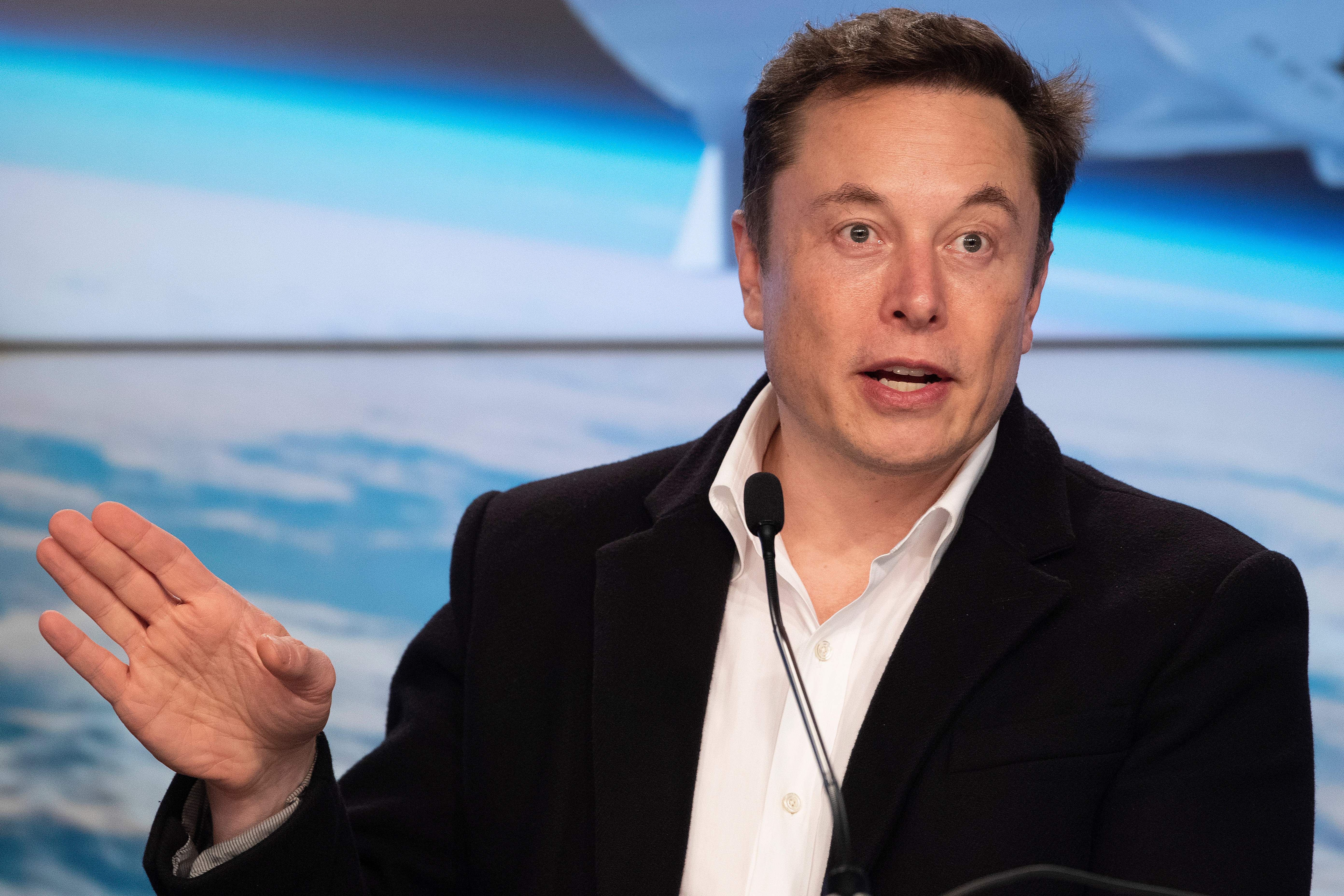This post was originally published on this site

Tesla CEO Elon Musk doesn’t have a lot of love for Wall Street — a fact he often mentions, including on earnings conference calls.
To begin with, Musk’s company hosts an nontraditional quarterly call with shareholders: After making a short statement about Tesla’s results, he then fields questions from anonymous retail investors — with Wall Street’s biggest firms asking questions last.
Musk explained a bit more of his distaste for major analysts midway through Wednesday’s call. A retail investor — another name for a nonprofessional, individual investor — asked Musk: “Do you even have to answer questions from analysts?”
“Well, I guess we don’t have to,” Musk replied. “I do think that a lot of the retail investors actually have deeper and more accurate insights than many of the big institutional investors and certainly they have better insights than many of the analysts.”
There’s little love lost from the analysts’ point of view. Despite Tesla’s more than 160% stock rally in the past six months and two consecutive profitable quarters, analysts at major firms like JP Morgan, Barclays and Morgan Stanley reiterated their sell recommendations on Tesla shares.
“The bull narrative has shifted from Tesla disrupting multiple industries to Tesla being a profitable and growing next-generation automaker. Even if one were to stipulate that as true, we believe the shares are sharply overvalued as an automotive [manufacturer],” Barclays analyst Brian Johnson wrote.
JP Morgan’s Ryan Brinkman likewise stuck by his underperform rating on Tesla. He adjusted his price target up only slightly, to $260 a share from $240 a share — expecting the stock to drop about 60% from current levels.
Musk had thoughts on Wall Street predictions, too.
“It seems like if people really looked at some of the smart retail investor analysts, what some of those smaller retail investors predicted about the future of Tesla, you’d probably get the highest accuracy and remarkable insight from some of those predictions,” Musk said.
‘Boneheaded’ Tesla analysts
Musk has taken shots at analysts before, including in a May 2018 call that Morgan Stanley’s Adam Jonas described as “the most unusual call I have experienced in 20 years on the sell-side.” Musk began that call by saying he wanted “to answer as many questions as possible,” but with a caveat: “As long as there are good questions to answer.”
Later in that call, Bernstein analyst Toni Sacconaghi asked Musk where Tesla was in terms of its capital requirements.
“Excuse me? Next. Boring, bonehead questions are not cool,” Musk replied.
Tesla’s stock dropped the day after that call, with investors not taking kindly to what Musk had to say. While Musk reiterated his view of analysts during Wednesday’s conversation, he was more subdued in his comments.
Tesla’s stock recently climbed past $100 billion in market value. If it stays above that level for a certain amount of time, Musk could earn the first tranche of a payout that could be worth more than $55 billion over the next decade.





